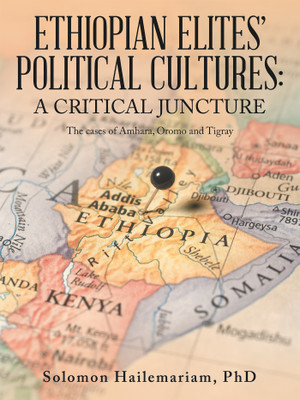Ethiopian Elites' Political Cultures(English, Paperback, Hailemariam Solomon PhD)
Quick Overview
Product Price Comparison
Recurrent ethnic conflicts have been seen in Ethiopia, especially during the last threedecades, since the introduction of a governance structure of ethnic federalism in1991. Attempts to bring political stability to the country have not been successful, ascompeting political cultures constantly struggle for hegemony. Political constituencieshave fragmented, based on sub-national political cultures. This book shows theinfluence of Amhara, Oromo, and Tigrayan political cultures in Ethiopia and theircontribution to the recurrent ethnic conflict in the country.The book used the concepts of political culture and neo-patrimonialism as analyticaltools to understand the differences among and between the educated people fromthese ethnic groups. The findings show that members of each ethnic group are deeplyentrenched in their own culture, with clear distrust of the political motives of otherethnicities.Beyond the disagreements on political history, the educated elites accuse each otherwhen it comes to the many challenges faced by the country. They accuse each otherof state capture, corruption, inciting ethnic conflicts, malpractice, poor governance,misguided policies, divide-and-rule practices, and misappropriation of the nationŌĆÖseconomic wealth. The elites themselves do not shoulder responsibility for any failurein the country and do not show any interest in understanding other points of view, donot show sincere respect for the otherŌĆÖs value but claim privileged political positionsin present-day Ethiopia for past accomplishments.


